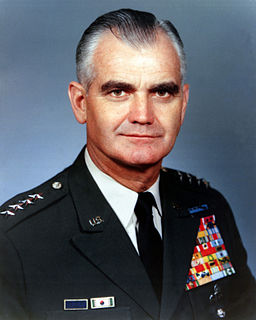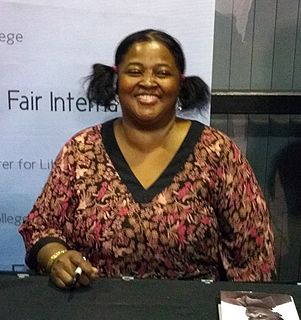A Quote by William Westmoreland
We were succeeding. When you looked at specifics, this became a war of attrition. We were winning.
Related Quotes
During my childhood and teenage years, everything I knew was at war. My mother and father were at war. My sister and I were at war. I was at war with my atypical nature, desperately trying to fit in and be normal. Even my genes were at war - the cool Swiss-German side versus the hot-headed Corsican.
During a single week of July 1967, 164 Americans were killed and 2100 were wounded in city riots in the United States. We are truly fighting a two-front war and doing badly in both. Each war feeds on the other and, although the President assures us that we have the resources to win both wars, in fact we are not winning either.
You have to take chances for peace, just as you must take chances in war. Some say that we were brought to the verge of war. Of course we were brought to the verge of war. The ability to get to the verge without getting into the war is the necessary art... If you try to run away from it, if you are scared to go to the brink, you are lost. We've had to look it square in the face... We walked to the brink and we looked it in the face. We took strong action.
The twentieth century had dispensed with the formal declaration of war and introduced the fifth column, sabotage, cold war, and war by proxy, but that was only the begining. Summit meetings for disarmament pursued mutual understanding and a balance of power but were also held to learn the strengths and weaknesses of the enemy. The world of the war-or-peace alternative became a world in which war was peace and peace war.





































